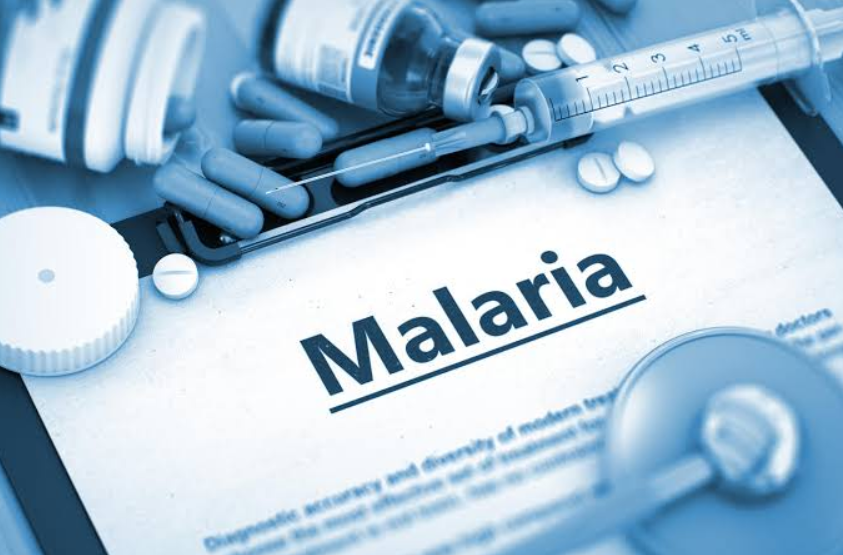By Joke Kujenya
MILLIONS WORLDWIDE continue to grapple with malaria as the disease remains a leading public health threat, particularly in Africa.
The latest 2024 World Malaria Report by the World Health Organisation (WHO) reveals 263 million malaria cases and 597,000 deaths in 2023, marking an increase of 11 million cases from 2022.
Despite these troubling statistics, progress is evident, as 44 countries have achieved malaria-free certification.
The WHO emphasised that children under five and pregnant women in sub-Saharan Africa face the highest risk.
Many remain without access to life-saving tools such as treated mosquito nets, vaccines, and essential medicines.
WHO Director-General, Dr Tedros Adhanom Ghebreyesus, stressed the need for stronger investments and action in high-burden regions to prevent unnecessary deaths.
Recent innovations, according to the report, such as new-generation insecticide-treated nets and expanded malaria vaccination efforts, have provided hope.
In 2023, 78% of the 195 million nets delivered to sub-Saharan Africa were advanced models designed to combat mosquito resistance.
Seventeen countries also integrated malaria vaccines into routine childhood immunisations.
Funding Gaps Challenges
However, a significant funding gap jeopardises these gains.
Only $4 billion of the $8.3 billion needed was raised in 2023, limiting critical interventions.
Beyond financial constraints, fragile health systems and challenges like insecticide resistance, climate change, and conflicts worsen the situation in malaria-endemic countries.
In response, the WHO is urging a shift toward equitable healthcare systems that address root causes like gender disparities and healthcare access.
Ministers of Health from 11 African countries, representing two-thirds of the global malaria burden, pledged to strengthen health systems and prioritise sustainability in their efforts.
The report highlights the need for investments in robust data systems to monitor inequalities and develop inclusive antimalarial strategies.
WHO advocates equity, gender equality, and human rights as cornerstones of future innovations, ensuring those most affected are part of the solution.





